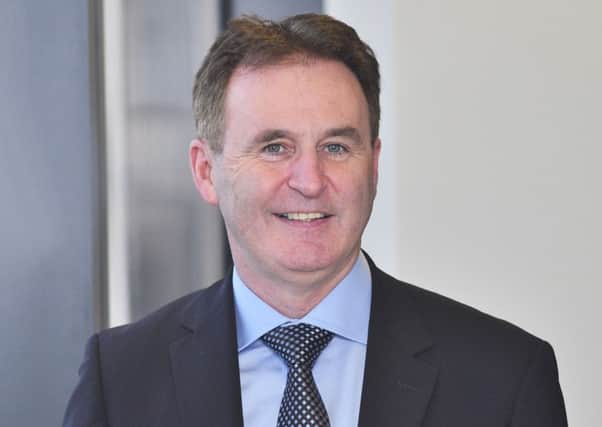Cahal Dowds: Better the deals you know after Brexit
This article contains affiliate links. We may earn a small commission on items purchased through this article, but that does not affect our editorial judgement.


The rationale is that people latch on to their beliefs and opinions, hearing only the statistics or facts that support those views.
Yet no matter whether you’re in the Remain or Leave camp, recent positive news stories should give some confidence: not only are economists pulling back on their warnings of a near-term Brexit-induced collapse in growth, but UK deal-making is having the best start to a year since 2008.
Advertisement
Hide AdAdvertisement
Hide AdThe ongoing appetite for M&A amid such significant uncertainty may seem surprising. Not only is the UK heading out of the single market, there are potential hurdles to the flow of much-needed skilled talent and an ongoing lack of clarity over financial market regulations.
On the other hand, interest rates are at all-time lows, there are record levels of cash on company balance sheets and stock market valuations are strong.
There’s a wall of capital just waiting to be deployed. Indeed, when we talk to US buyers about the balancing act of taking advantage of strong M&A fundamentals versus the risk of substantial political and marketplace uncertainties, we hear the same message again and again: US companies place great value on the closeness of our two nations; the similar business culture; the same language; the governance processes;, and they place great weight behind the clarity and strength of our legal system.
It seems, therefore, that in a time of uncertainty, US buyers are turning to those markets and the cultures that they understand and trust.
Indeed, our research shows the marked difference in scale of investment across the most active bilateral deal corridors. From the first quarter of 2015 to the final quarter of 2016, North America outbound deals to the UK hit 960 transactions, compared to just 350 and 279 outbound to Germany and France.
In their eyes, a great company before Brexit will still be a great company after Brexit. I can’t talk about the US-UK deal corridor without noting 20 per cent fall in UK outbound deals to North America in the second half of 2016. UK businesses have been understandably hesitant to make major investments until they have a better understanding of what Brexit will mean for their organisations.
Theresa May’s Brexit speech in Davos has signalled how the government will approach talks with her European counterparts, and business would welcome further clarity. Anything that aids recovery will play a key role in reigniting UK outbound investment, supporting economic growth in the crucial years ahead.
• Cahal Dowds is chairman of Deloitte’s advisory corporate finance business
